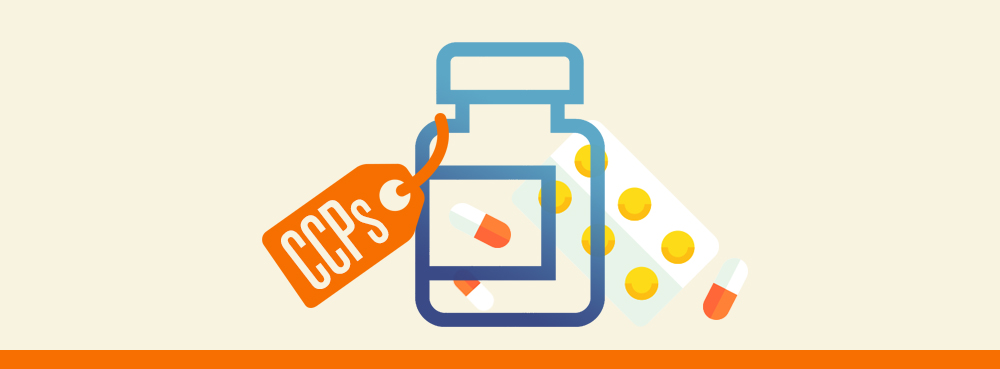SPC manufacturing waiver adopted by the European Parliament

On April 17, the European Parliament approved the amendment of the Regulation 469/2009 on Supplementary Protection Certificates (SPCs) to include a manufacturing waiver while the SPC is in force. Once the Council of the European Union adopts the amendment, the new regulation will enter into force 20 days after its publication in the Official Journal of the European Union.
This legislation arises to respond to the competitive disadvantage that makers of generics and biosimilars established in the European Union had against makers located in third countries.
In this regard, the previous legislation did not allow EU makers to manufacture medicines covered by SPCs for export purposes to third countries where equivalent protection to the SPC did not exist or had expired. Likewise, these makers were also prevented from manufacturing and storing the products before the expiration of the certificate. This fact prevented the entry into the EU market of generics and biosimilars made by these EU makers immediately after the expiry of the SPC, unlike makers from third countries, where the equivalent SPC protection did not exist or had expired.
According to the study ‘Assessing the economic nature of changing exemption provision during patent and SPC protection in Europe’ prepared by the European Commission, the impact of this exemption will suppose:
– additional net sales for the EU pharmaceutical industry amounting to €9.5 billion;
– 25,000 additional jobs;
– €254.3 million additional net sales of EU Active Pharmaceutical Ingredients (API);
– 2,000 new direct jobs for the EU API industry and
– savings in the European healthcare system of €3.1 billion.
According to the approved amendment, the SPC will not confer protection against:
– the export of generics or biosimilars to countries outside the European Union or any act strictly necessary for this purpose; or
– the manufacture of generics or biosimilars for the purpose of storing them so that they can be placed on the market when the certificate expires, or any related act, provided that any of these acts is not carried out before six months before the expiry of the certificate.
In order to benefit from the waiver, the manufacturer will have to notify the holder of the SPC and the competent authority of the Member State where the manufacture will take place at least 3 months before the manufacture or related act. In addition, it must identify the product as a product intended exclusively for export to third countries.
The new exemption will apply to certificates filed from the entry into force of the amended regulation as well as to certificates filed previously but taking effect as from that date, although in that case the exemption will not apply initially but only three years after the entry into force of the amended regulation. On the other hand, the exemption will not apply to certificates taking effect before the date of entry into force.
For more information: http://www.europarl.europa.eu/news/en/press-room/20190410IPR37607/extension-of-export-waivers-on-eu-generics-and-biosimilars

